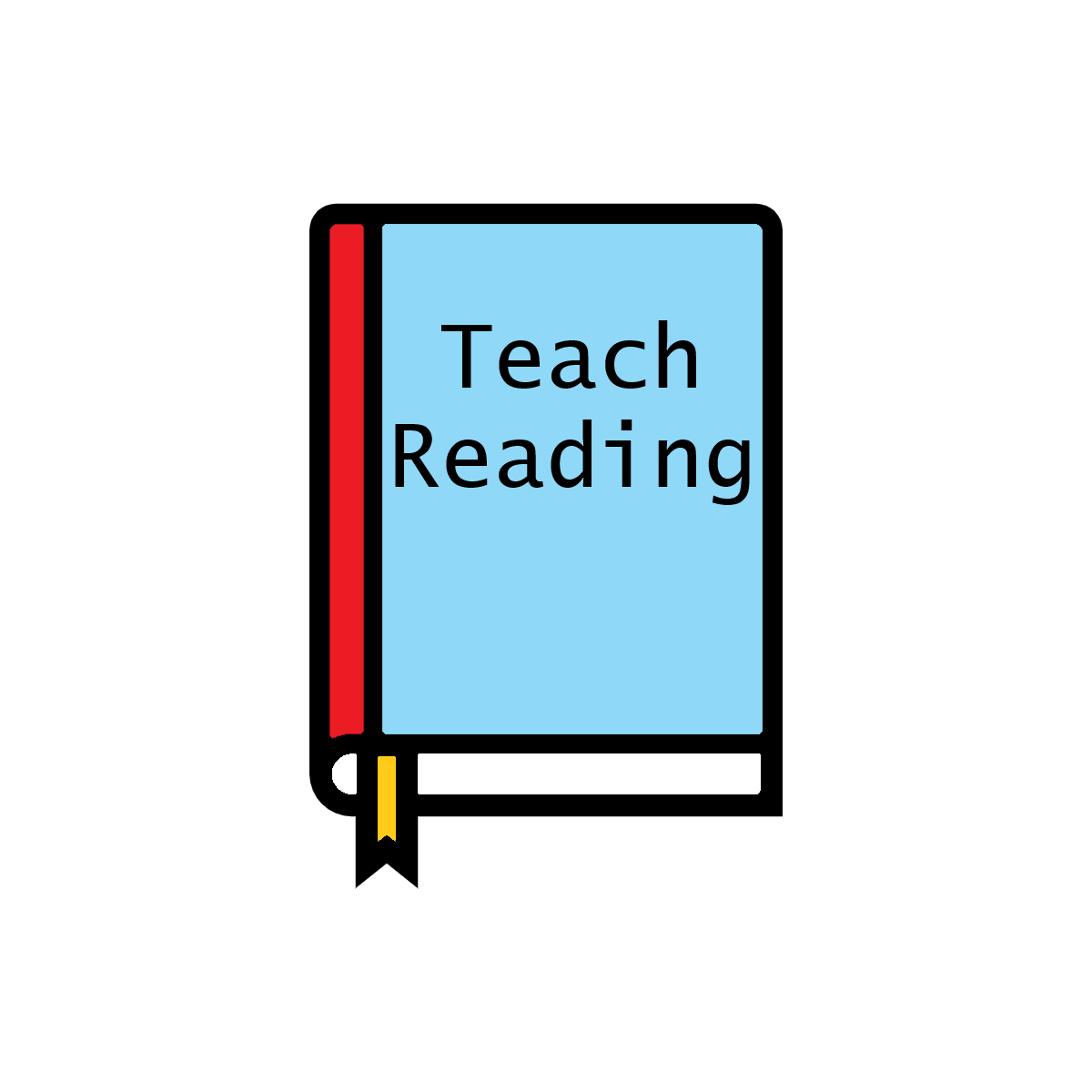Download the Alphachart, the Printing Model, The Alphadeck, and Lessons 1 thru 5 from The American Reading Handbook for FREE!
When it comes to how much sleep they need, what they should eat, and many other things, parents know their children better than anyone; it’s a matter of instinct. Unfortunately, though, parents don’t always have inherent knowledge about aspects of their children’s development, including their brain development.
As infants become toddlers and toddlers become preschoolers, parents worry more and more about their child’s vocabulary and other skills that they will eventually need to learn to read. They want to do everything they can to teach their children the alphabet and may wonder, can parents teach reading before a child starts school? How early is a child capable of learning to read?
One thing that’s important to keep in mind is that learning to read is a years-long process. Even if your child is too young to pick up a book and sound out words, they can still be building essential skills that will eventually allow them to do so. It’s a bit of a precarious process; expecting a child to perform tasks or learn material that is too difficult for them can harm their confidence in their own ability to learn.
Let’s look at the early stages of child development and what parents can do during each of them to aid their children’s literacy skills, and even resources to help parents teach reading to their young children.
Infants: Birth-18 Months
Obviously, infants are too young to learn to read, but there are still things that parents can do to prepare at this early stage.
In the first months of life, parents should focus on the basics of overall health to promote a healthy brain. Most important is meeting baby’s needs, including good food, a safe environment, and responsiveness to crying and meeting their needs. Parents can also provide lots of healthy stimulation and developmental toys, especially those that help with the development of motor skills.
In addition, this is when babies begin to learn language. Obviously, talk to them as much as you can. Parents should spend a great deal of time helping babies associate spoken words with objects and learning basic verbs. Babies love music, and we highly recommend singing the alphabet multiple times a day. They’ll know it before they can even sing along!
Toddlers: 18 Months-2 Years
At this stage, the vast majority of children are still much too young to actually learn to read. But once again, there are things parents can do to make sure that their brains are ready as young as possible. Again, learning to read is an ongoing process.
First, choose the right books. Perhaps more importantly, understand that your child isn’t yet capable of sitting still for a whole book. It’s ok if they prefer to flip through the pages or sit for only a portion of the story. Even better, choose books that encourage movement or participation, and that start to introduce sight words. The important thing is not to give up! Keep engaging with books in play and at all times of the day.
Rhymes and songs are wonderful for toddlers, and one of the best ways to help them learn language. We already mentioned singing the alphabet, but you can keep rhymes and songs of all kinds going throughout the day. In addition, play that encourages children to name and describe various items is ideal. As kids progress through this stage, you’ll notice their mastery building.
Young Preschoolers: Age 3
Studies have shown that children can at least begin to learn to read at age 3. The best thing parents can do at this age is to keep reading to their children. By age 3, children should be able to sit down and follow along as you read to them. They should know how to hold a book, turn the pages, and even predict what might happen next in a story.
Indulge your children in their favorite books. You might be sick of reading the same books over and over, but familiarity with phrases is one of the earliest ways that children begin to recognize words.
In addition, continue to reinforce learning letters of the alphabet and numbers by sight. Recognizing letters and numbers on sight is one of the major milestones on the path to literacy. Start to teach them to associate letters with sounds and numbers with real quantities. This is called phonics in the education world.
Create a text-rich environment in your child’s play space by not only filling it with a lot of books, but also educational posters and toys that expose kids to the world of reading even more.
A reading course is an excellent idea at this stage. There are reading courses available that are designed for children this young. Those can be tremendous tools for parents who want to teach their children to read early, since it can help not to overwhelm the child with material that is too advanced for them. It’s a great way to turn screen time into learning time too.
Older Preschoolers/Pre-Kindergarteners: Age 4
At age 4, as children prepare to enter kindergarten, many are capable of learning phonics and identifying the sounds that letters form, learning to write letters and numbers, and even recognizing some very basic sight words. Many parents teach reading skills such as these before their children start school with tools such as flash cards, workbooks, and other materials, including a reading course.
It’s a smart idea to make use of a reading course before children enter school. Starting kindergarten can be stressful for children who are unfamiliar with the setting. Making some of their first lessons a little easier is a great thing parents can do for them to make the transition easier on everyone and ensure that children love attending school.
Kindergarteners: Age 5
It’s time for formal schooling! Most experts agree that the majority of children are more than ready to learn to read at age 5, which is some of the reason why most public elementary schools begin at this age. At this age, many children can write the letters of the alphabet, write their names, and recognize sight words.
This doesn’t mean that it’s time for parents to step aside and let teachers do all the work. It is more important than ever for parents to be active participants in their kids’ learning. Enrolling your child in a reading course is one of the best things you can do to help give them the skills they need for success.
Flash cards for sight words are also tremendous teaching tools that parents can use at home with their kindergartener. Make it into a game by awarding a small piece of candy, a penny, or another treat for every correct answer. Let your child quiz you on the words, too, to further their engagement.
Every Child Is Different
All of this being said, don’t fret if it doesn’t seem as if your child is catching on as early or as quickly as you think they should, or if they seem to be a bit behind on some milestones. Every child develops at their own pace.
Speech problems are much greater signs that early intervention in education might be necessary. No matter what your concern, find a pediatrician you trust and talk to them about any questions you may have.
Download the Alphachart, the Printing Model, The Alphadeck, and Lessons 1 thru 5 from The American Reading Handbook for FREE!


Recent Comments